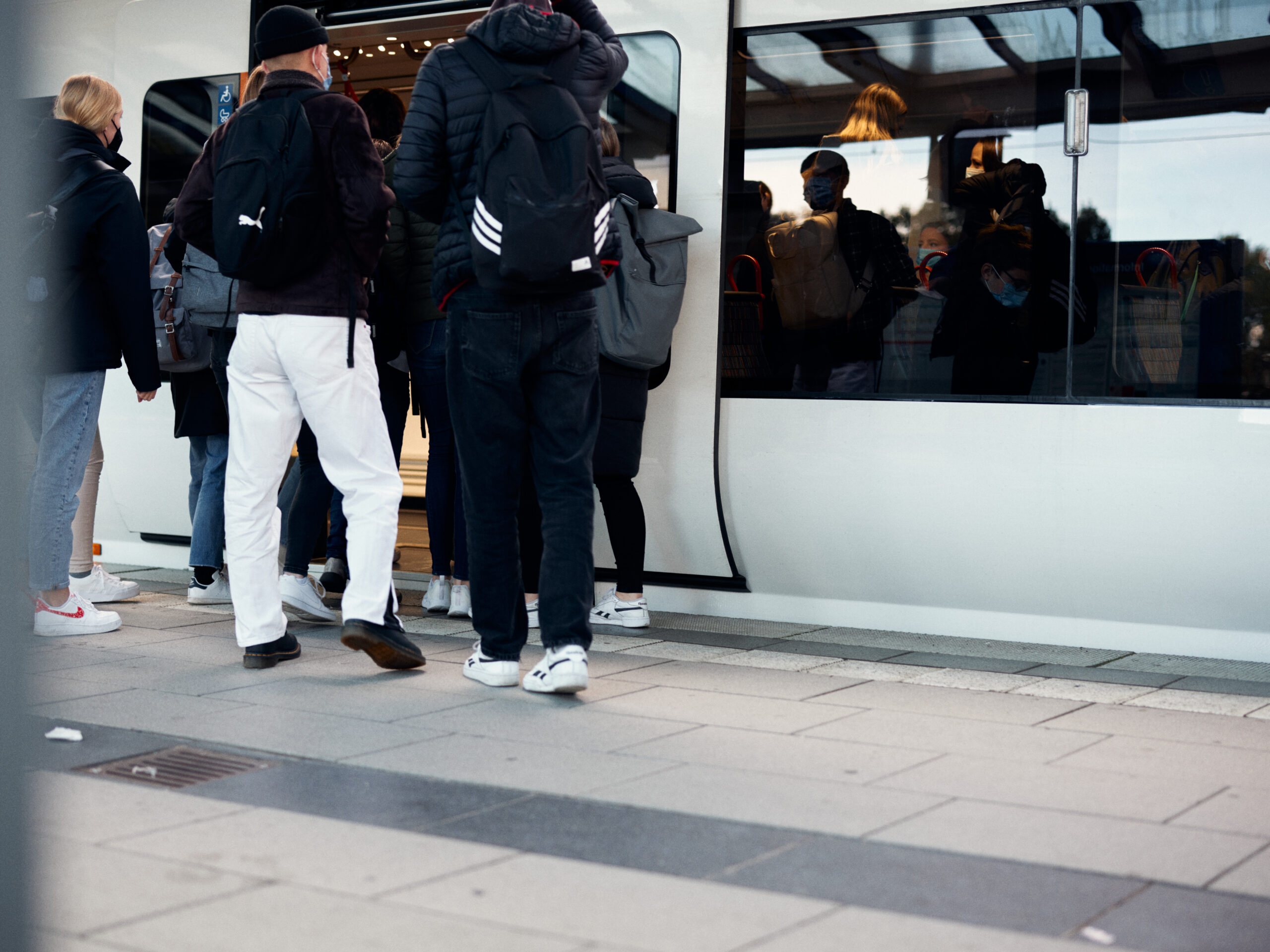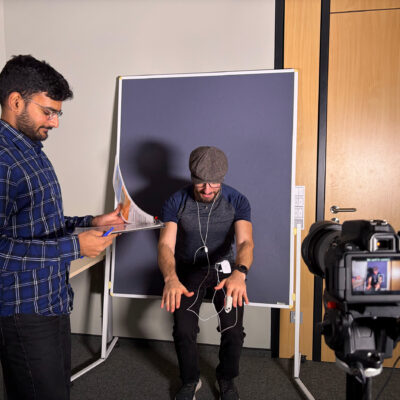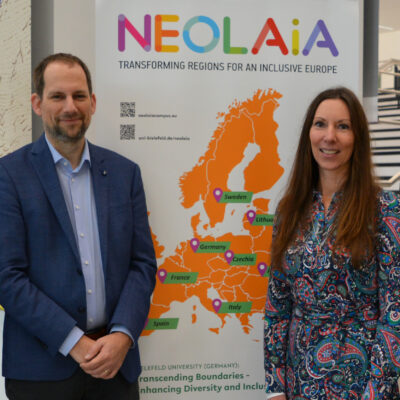Long regular journeys between home and work by car or public transport can have adverse consequences for the health and well-being of the commuters and their family members. To what extent does long commuting to work affect the health and well-being of non-commuting partners? What are the implications of parental long commutes to work for children’s health and socio-behavioral outcomes, e.g., their school performance? Professor Dr. Anna Oksuzyan intends to address these questions at Bielefeld University with her project funded by the European Research Council (ERC).
The ERC has granted Professor Dr Anna Oksuzyan approximately 2.2 million euros to carry out the COMFAM project over five years. Active commuting means regular traveling to work by bicycling or walking. Those who commute passively use motorized vehicles. ‘Passive commuting occurs over a long distance and involves little physical activity’, the professor says.
Anna Oksuzyan heads the Department of Demography and Health at the Faculty of Health Sciences. With the COMFAM project, she aims to investigate whether long commutes have far-reaching consequences for all family members. The project will also study whether the health consequences of commuting vary across social groups, e.g., by gender, socioeconomic status, and migration background.
Anna Oksuzyan is asking questions like: ‘Does it matter for the relationship between long commutes and health, if the commuter is an academic or a construction worker? Is there a difference in the effect of parental long commutes on children’s health, if the mother or the father is commuting?’ She expects that the effects of commuting on the health and well-being of all family members are heterogeneous across population subgroups. Findings of the project can be used to design policy interventions that enhance the labor market participation of both partners in dual-earner families and vulnerable groups, such as single parents. The findings may also help to diminish the negative consequences of long commutes on family members. The results can be important for individuals, families and employers.
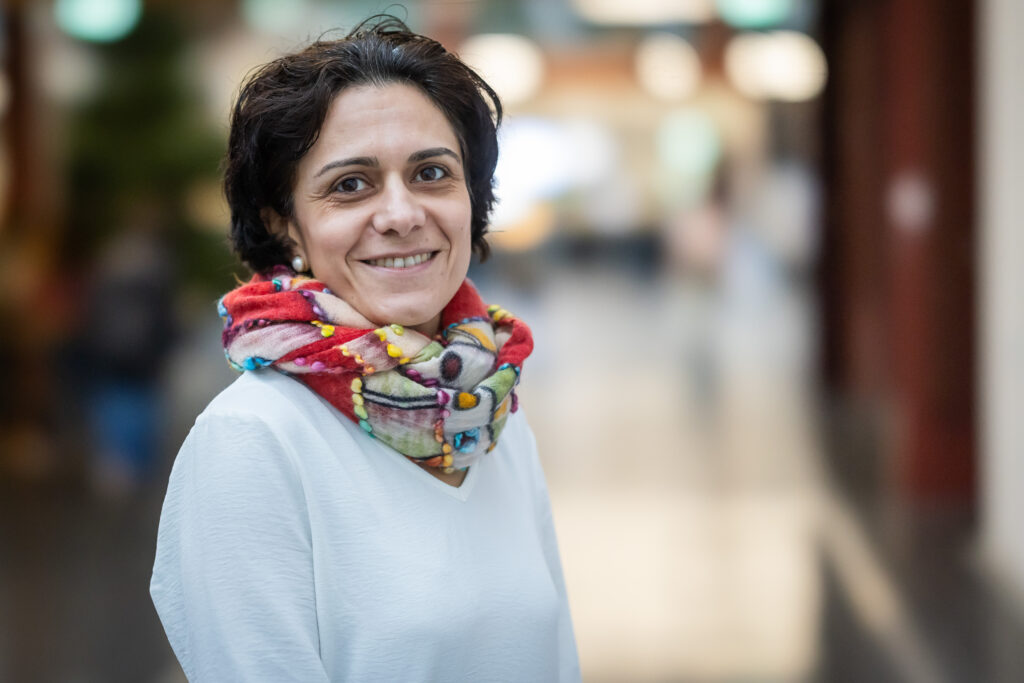
© Bielefeld University/Sarah Jonek
Developing the project idea
‘I had an idea for this project quite a long time ago, but it turned into a grant proposal during the Covid-19 pandemic’, Anna Oksuzyan remembers. ‘The topic was interesting, but I had no experience with working in this research area.’ Her research has focused on gender differences in health and survival. When doing literature review, she has identified only a few studies on the consequences of long commutes for partners’ and children’s health. During the pandemic, commuting wasn’t relevant, because nearly everybody who had a job that could reasonably be performed at home, stopped commuting. Thus, the pandemic can be considered as a nationwide experiment: ‘We can use the pandemic as a setting to investigate the relationship between stopping long commutes and the health of commuters and their families and how this relationship will develop post-pandemic.’
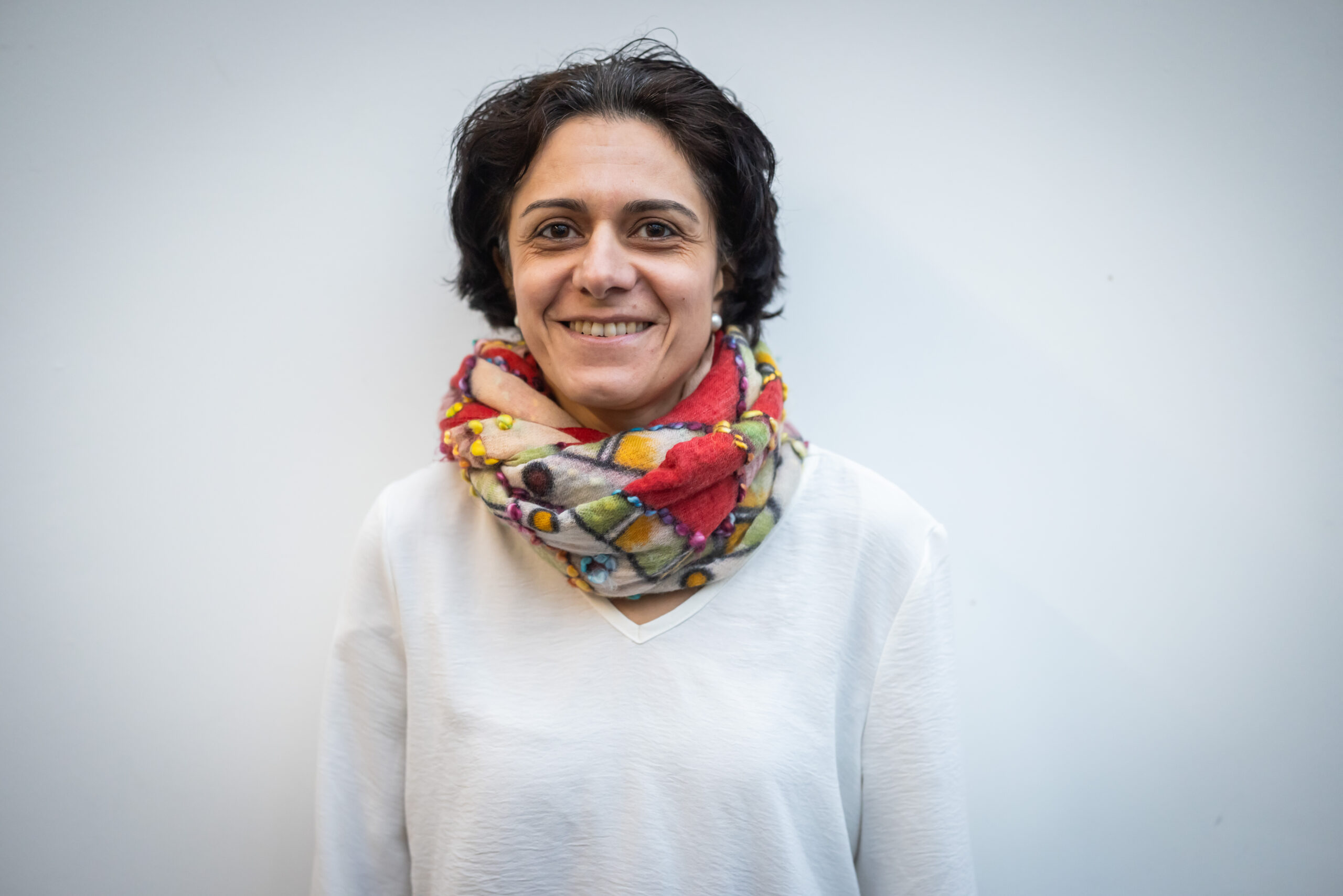
© Bielefeld University/Sarah Jonek
Personal interest in the subject of commuting
Anna Oksuzyan commuted herself for several years: first between Rostock, Germany and Odense, Denmark and later between Rostock and Bielefeld. ‘I was commuting before and after having children’, she says. ‘I experienced commuting as a formative life experience.’
In 2014, after eight years of commuting, Anna Oksuzyan became head of an independent Max Planck Research Group in Rostock. ‘I have a personal interest in this project’, the professor says. ‘At that time, I had two children, one and three years old, and my husband couldn’t move with us to Denmark. It was one of the reasons to move back to Rostock.’
Now the scientist reflects on her time commuting: ‘Long commuting is not easy, especially when you have children.’ Commuting is physically and emotionally demanding. ‘I was very lucky – my immediate employer was flexible with my place of work and I could decide when worked from Rostock and when I was in Odense, so the commuting wasn’t that costly for me and my family.’ Long commuting is typical for academics. Anna Oksuzyan expects that that workplace flexibility is not available for everyone, for example, in service or production jobs, and, thus, long commutes may have stronger negative effects on the health of commuters and their family members in these population subgroups.
The project, the aims and the strategy
‘When doing a research project, it is important to ensure that our own experiences do not bias our results’, Anna Oksuzyan says. ‘One way to reduce this unconscious bias is working in an interdisciplinary team and confronting and challenging each other.’ The project will begin this autumn. The project team includes two postdocs, one PhD student, and a researcher from the University of Helsinki, who help us with the analysis of the Finish register data.
Specifically, the project is divided into four packages:
- physical and mental health of the commuters
- the relationship between long commuting and the partners’ health
- the relationship between parental long commuting and children’s health and their socio-behavioral outcomes
- long commutes during and after the COVID-19 pandemic and health of the commuters and their family members.
The project uses data from Denmark and Finland, along with survey data from Germany and the UK.
‘My expectations are, that we will find larger impacts on the mental health than on the physical health, because it takes longer for the physical effects to appear’, Anna Oksuzyan says. ‘It can also be, that the families with a commuting member have adapted quite well to one person being away regularly. Thus, having the commuter at home may be a major disruption for all family members and may offset the positive effect of stopping commuting during the pandemic months.’
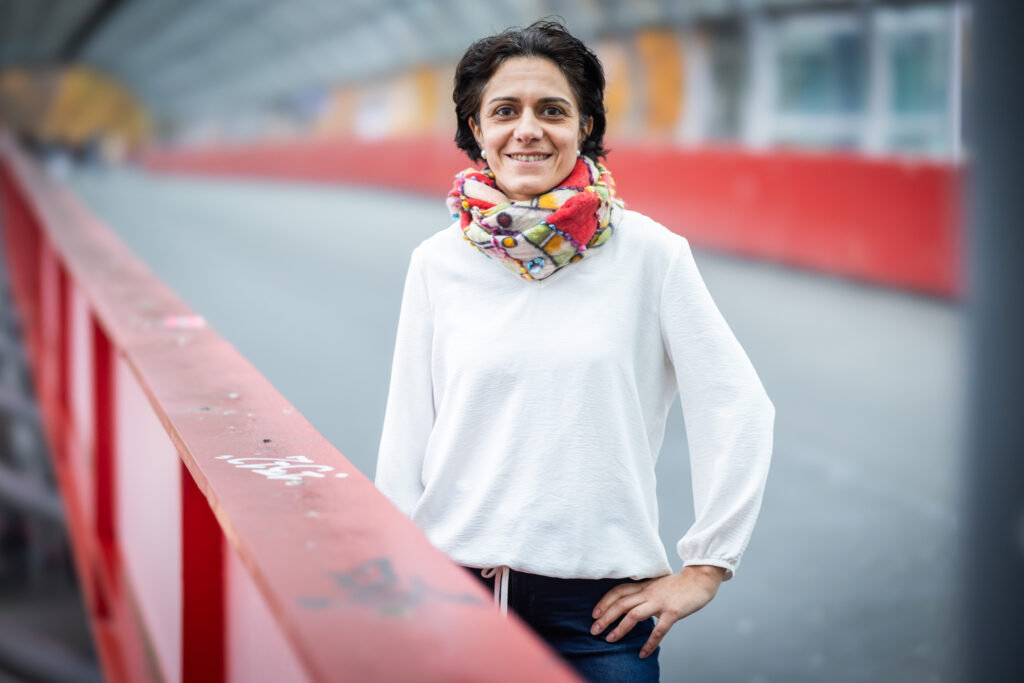
© BIelefeld University/Sarah Jonek
